Brain & Nervous System Disorders: Understanding Illnesses That Affect the Nervous System
In today’s fast-paced world, signs of brain and nervous system disorders often go unnoticed — frequent headaches, memory lapses, mood swings in children, or trouble concentrating. We tell ourselves it’s “just tiredness” or “just growing up.” But what if it’s more? What if your body (or your child’s) is showing early symptoms of neurological disorders that deserve deeper attention?
At DNAveda, we believe the nervous system isn’t just about the brain. It’s the master network that regulates thought, movement, emotion, and everything in between. And when something’s off, Ayurveda listens carefully — not just to the symptom, but to the whole story.
From anxiety and sleep disturbances to childhood neurological disorders like speech delay or developmental issues, we aim to heal from within — nurturing both the nervous system and the person as a whole. Whether you’re searching for the best neurologist in Delhi or a pediatric neurologist in Delhi who takes a more natural and restorative route, DNAveda offers something different — personalized Ayurvedic care backed by 20+ years of experience.
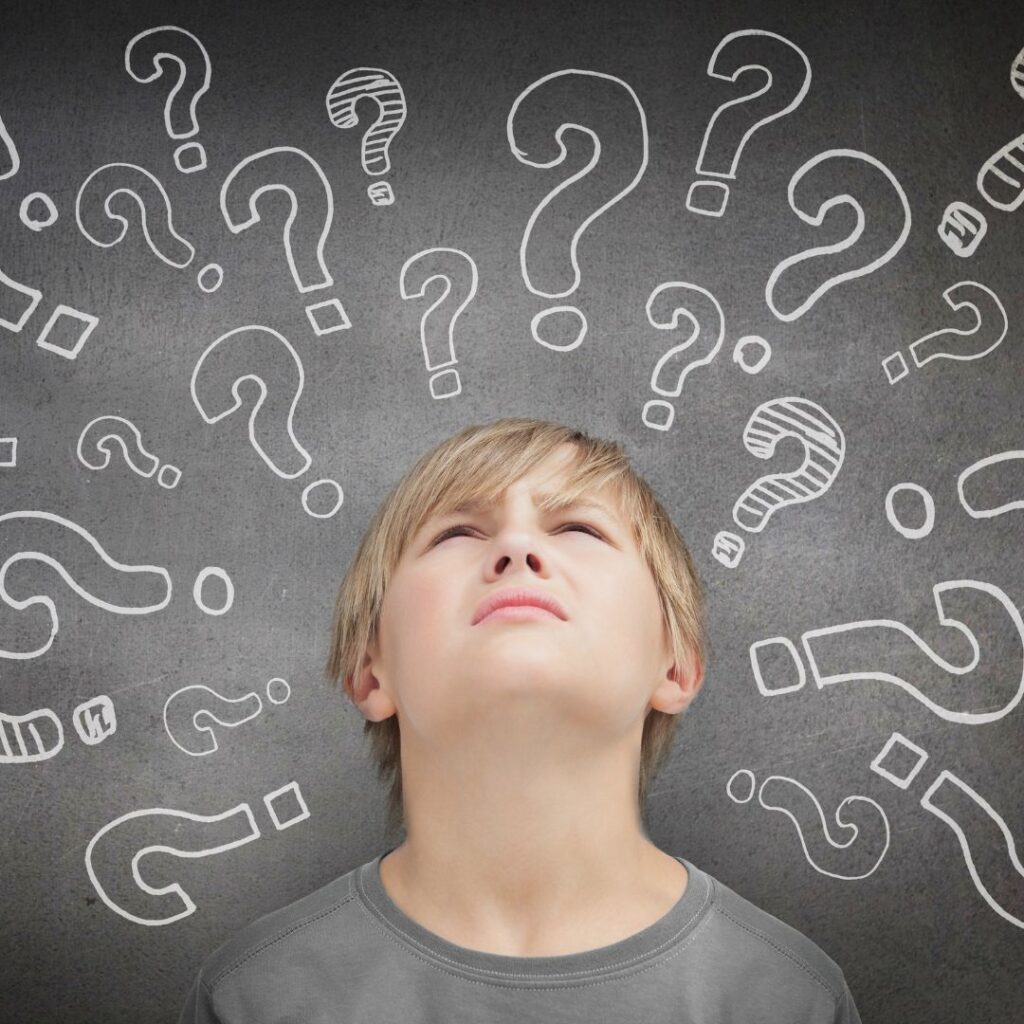
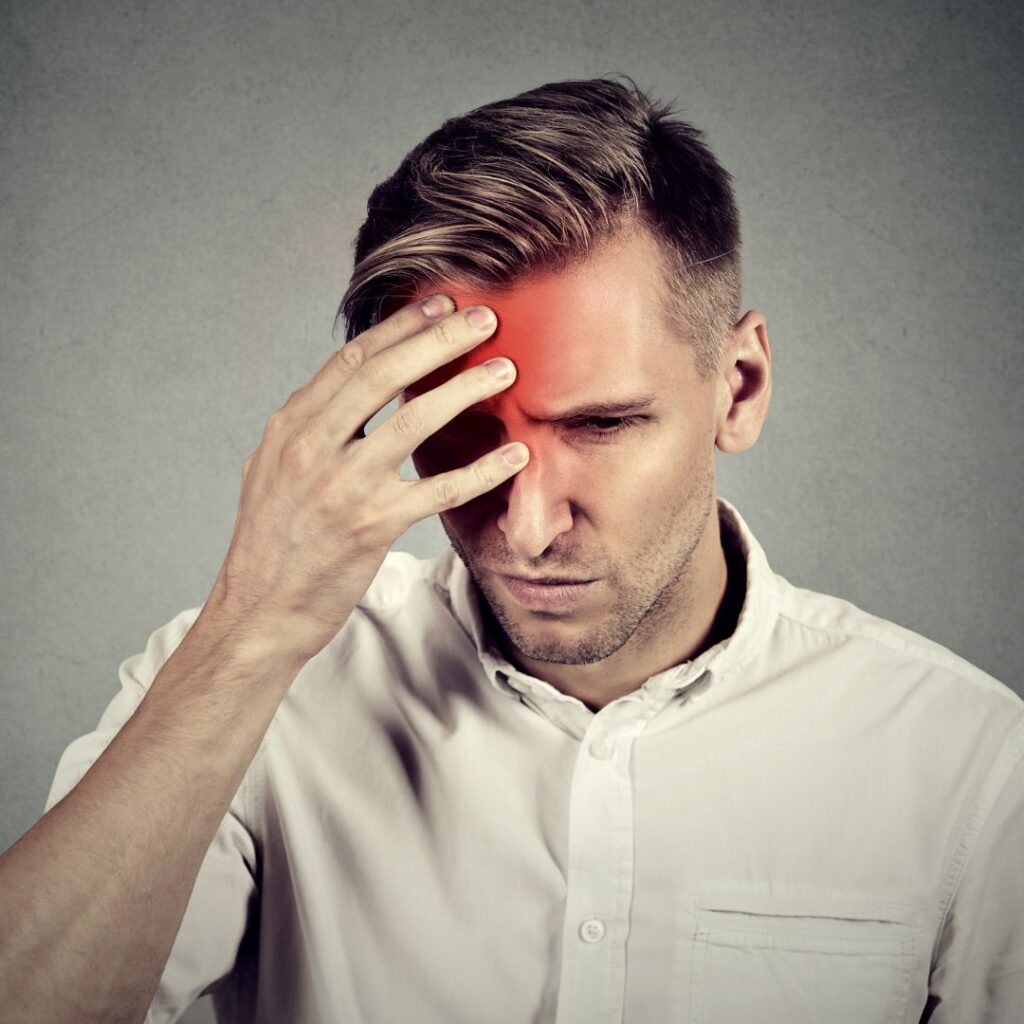
Common Brain Conditions & Childhood Neurological Disorders Treated at DNAveda
Neurological imbalances can show up in many ways — both obvious and subtle. For some, it’s migraines or tremors. For others, it’s attention issues, seizures, or sudden mood shifts. In Ayurveda, such illnesses that affect the nervous system are linked with aggravated Vata dosha, blocked channels (Srotas), or toxin accumulation near the brain (Majja Dhatu). Here are the most common issues we treat using Ayurvedic principles:

Cerebral Palsy
This condition affects posture, muscle tone, and movement in children — often from birth or early brain injury. Our Ayurvedic care focuses on strengthening the nervous system, improving motor control, and enhancing overall development with gentle therapies and nourishing herbs.

Epilepsy & Seizure Disorders
Seizures reflect a sensitive and imbalanced nervous system. We work to reduce triggers through detox therapies, calming herbs, and deep nervous system nourishment — always aligning with your ongoing medical care when needed.

Migraine & Chronic Headache
Recurring headaches aren’t just physical — they disrupt your whole life. We identify your dosha-based triggers (like acidity, stress, or hormonal imbalances) and treat the root with personalized detox, Nasya, and mind-soothing therapies.

Autism, ADHD & Developmental Delays in Children
When a child struggles with focus, speech, or emotional development, it can be deeply worrying for parents. In Ayurveda, we gently support the child’s nervous system with therapies that calm the mind, improve sensory processing, and strengthen developmental pathways — naturally and without side effects.
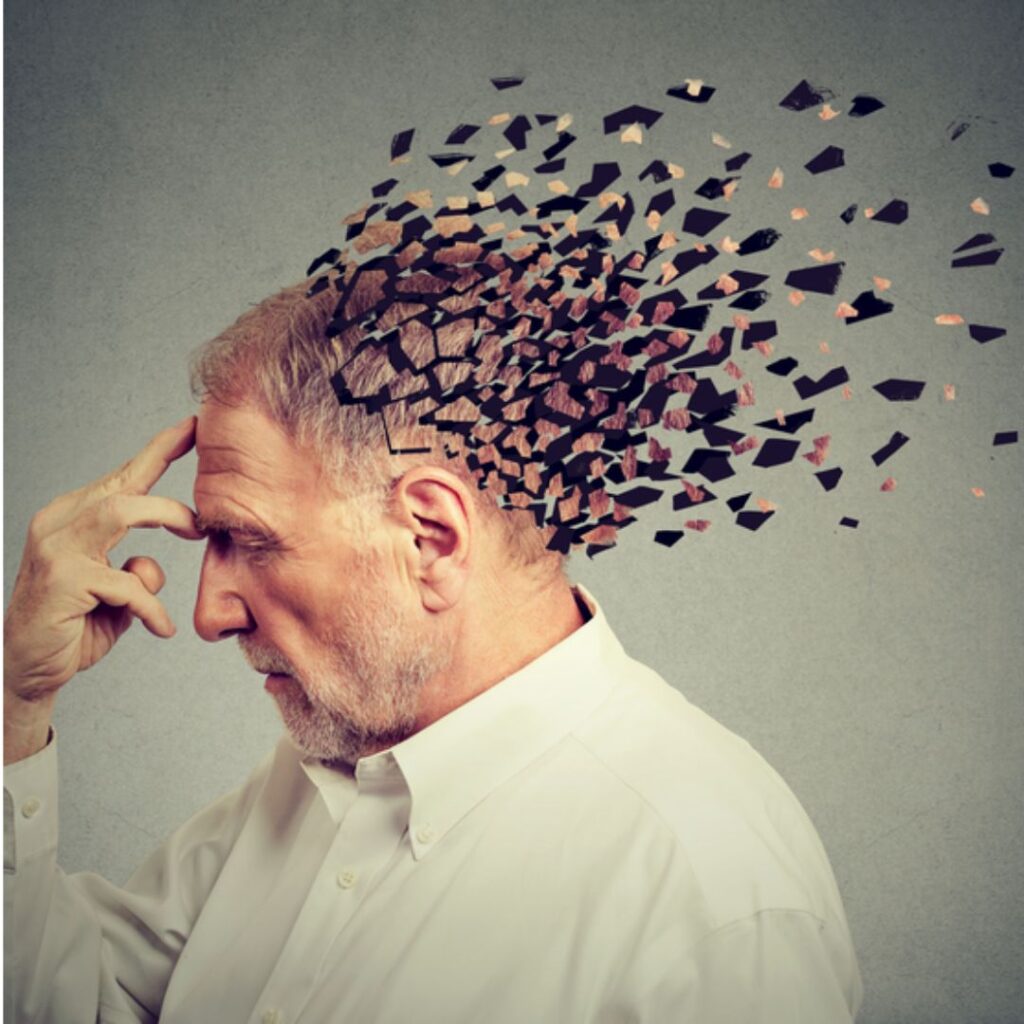
Alzheimer’s, Dementia & Memory Decline
If memory loss or confusion has started affecting your loved one, we focus on rejuvenating the brain with Ayurvedic Rasayana therapies, improving mental clarity, and slowing degeneration with natural herbs and dietary support.

Paralysis, Stroke Recovery, Facial Palsy & Motor Neuron Conditions
Loss of movement or sensation can be devastating. Our care focuses on improving circulation, reducing nerve inflammation, and gradually restoring mobility through Panchakarma, external therapies, and targeted exercises.

Parkinson’s Disease
Parkinson’s brings tremors, stiffness, and fatigue that can slowly take away independence. Our goal is to stabilize the nervous system, enhance motor function, and support a better quality of life — all through gentle, ongoing Ayurvedic care.
Early Symptoms of Neurological Disorders You Shouldn’t Ignore
Many neurological issues begin quietly. A little forgetfulness, slight clumsiness, or a child not speaking as early as expected. We brush them off — until they grow into something bigger. Ayurveda sees these early symptoms of neurological disorders as important clues. These may reflect early-stage Vata imbalance or initial disruptions in nervous system stability. When addressed early, many conditions can be managed or reversed naturally. At DNAveda, we treat these as more than just “symptoms.” We see them as crucial opportunities to intervene early with Ayurvedic care and support. Watch out for these often-ignored signals:
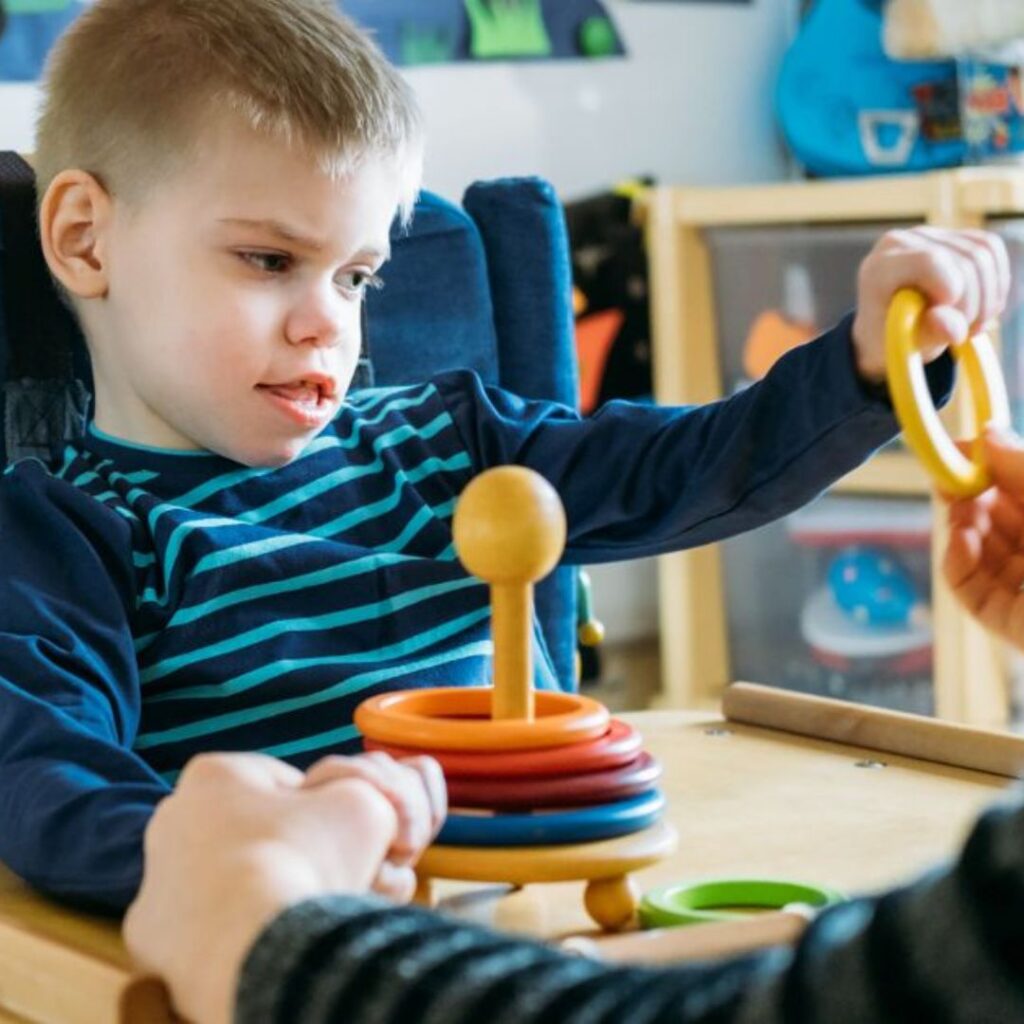
Delayed milestones in speech or motor skills
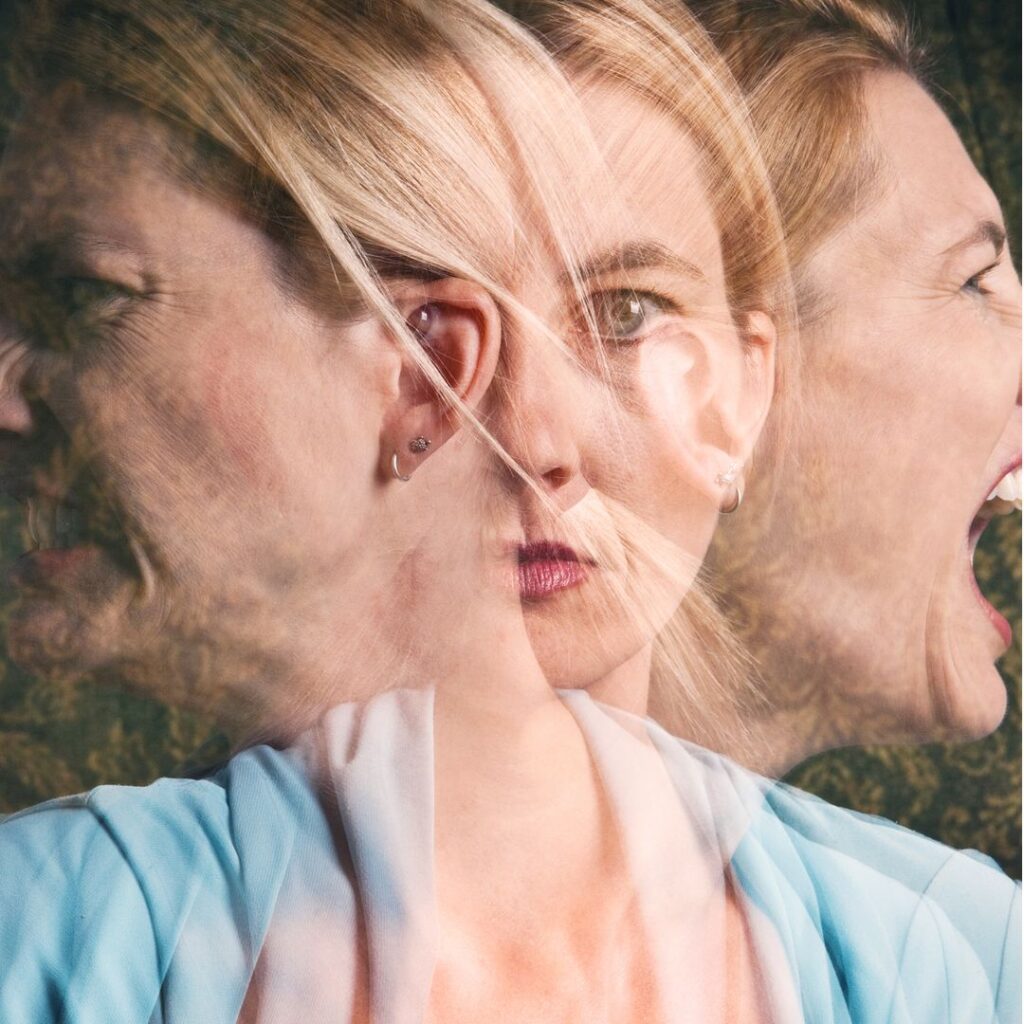
Sudden mood swings or behavioral changes

Difficulty focusing or following instructions
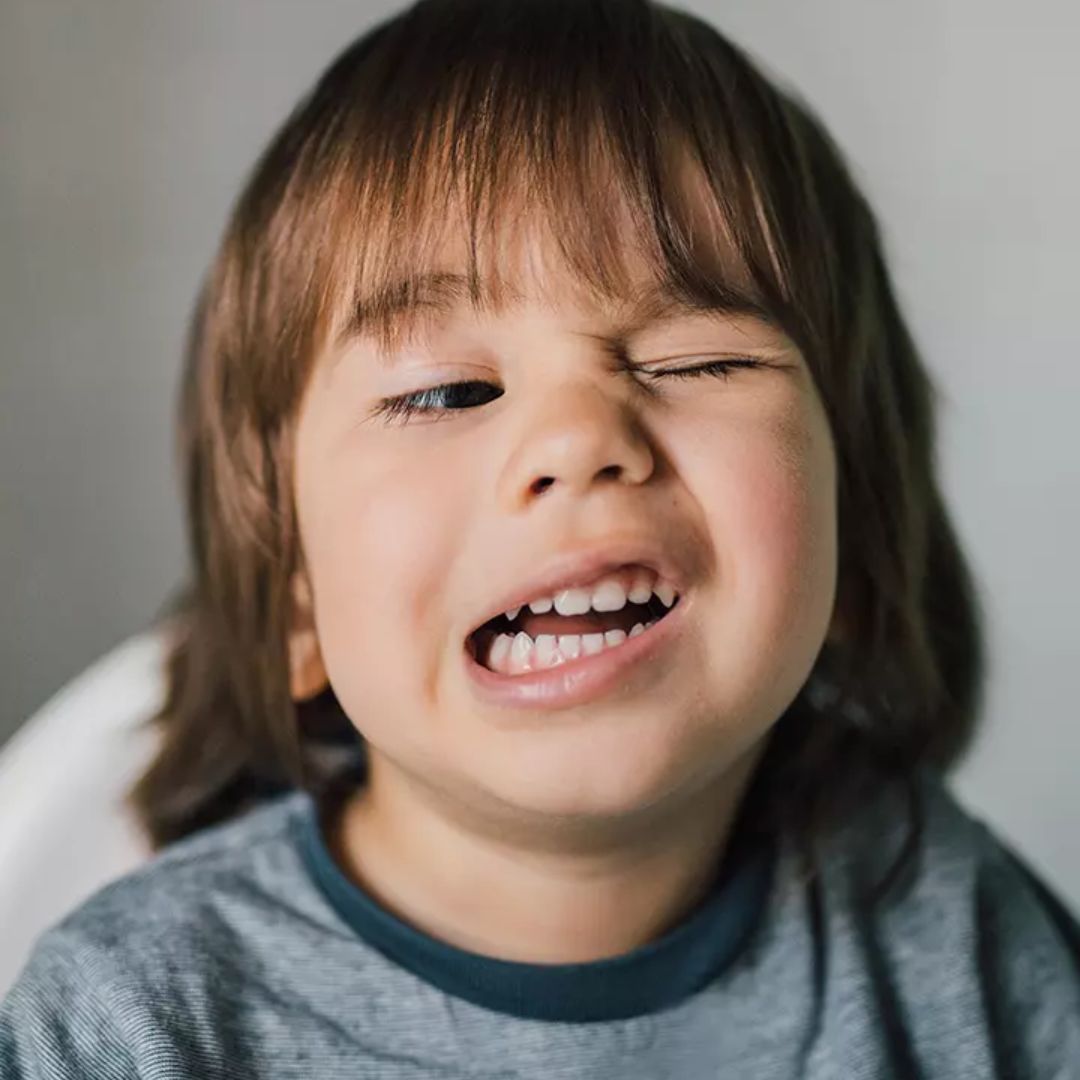
Involuntary movements like tics or twitching

Unusual sleep patterns — too much or too little

Recurring headaches unrelieved by rest
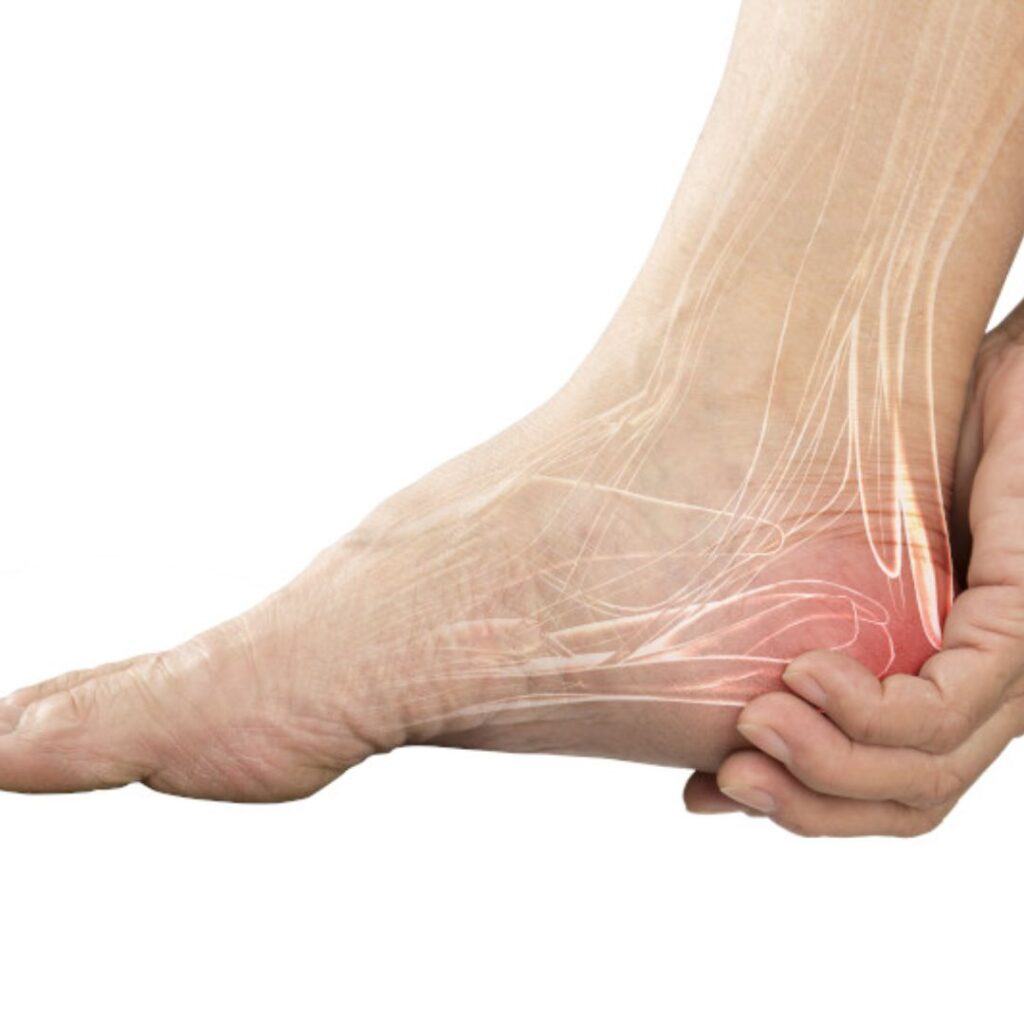
Numbness or tingling in hands or feet

Memory lapses or frequent confusion
Causes Behind Illnesses That Affect the Nervous System
According to Ayurvedic science, Vata dosha plays a key regulatory role in nervous system functions like neural communication, coordination, and sensory processing. When Vata is disturbed, neurological functions get affected. But it’s rarely one single cause. It’s a combination of lifestyle, environment, diet, and sometimes even prenatal or karmic influences. Let’s explore the most common modern triggers for illnesses that affect the nervous system.
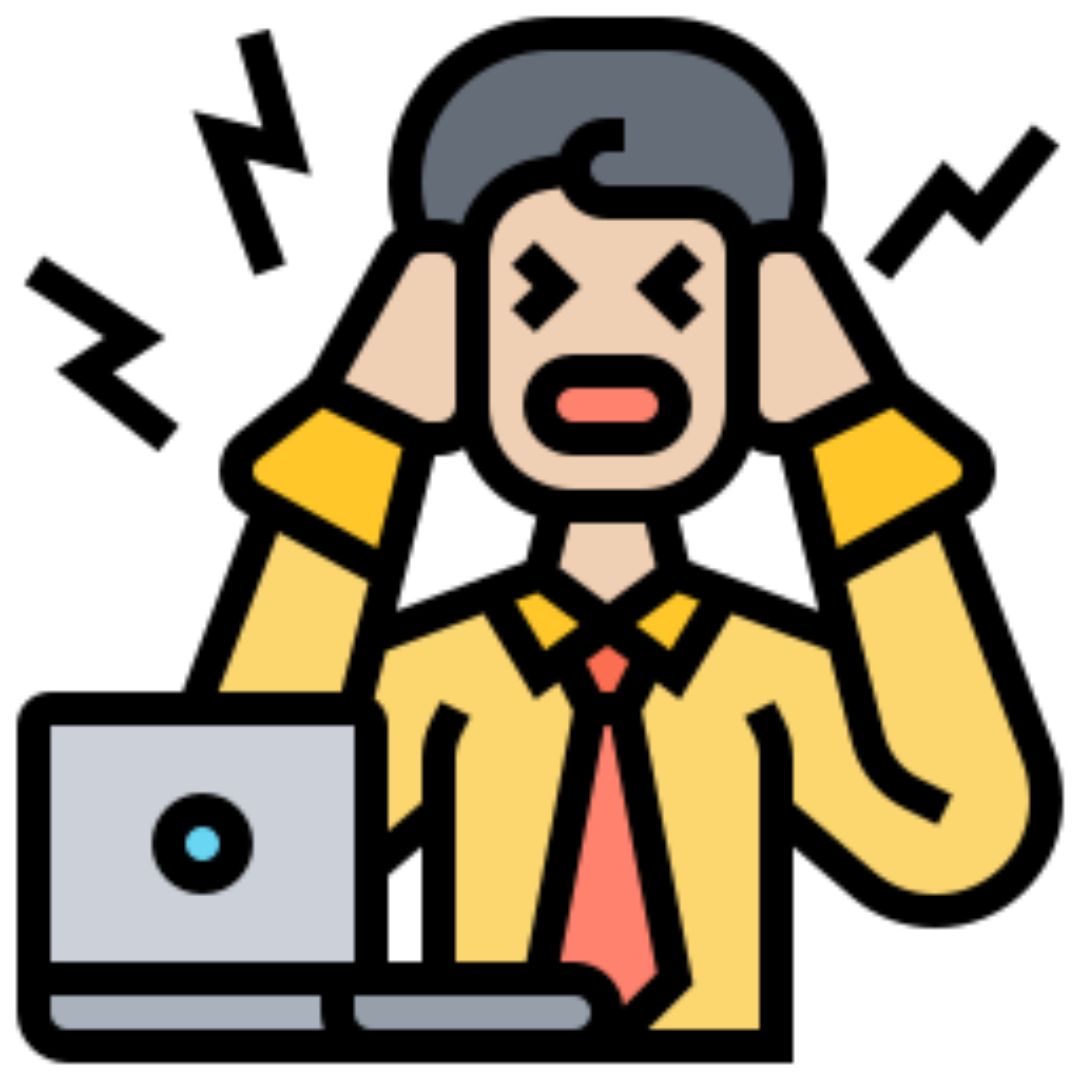
Stress & Emotional Suppression
Stress is no longer occasional — it’s chronic. When mental overload becomes a daily norm, it disrupts Prana Vata, the sub-dosha responsible for brain and nerve impulses. The result? Anxiety, insomnia, migraines, or even seizure vulnerability.
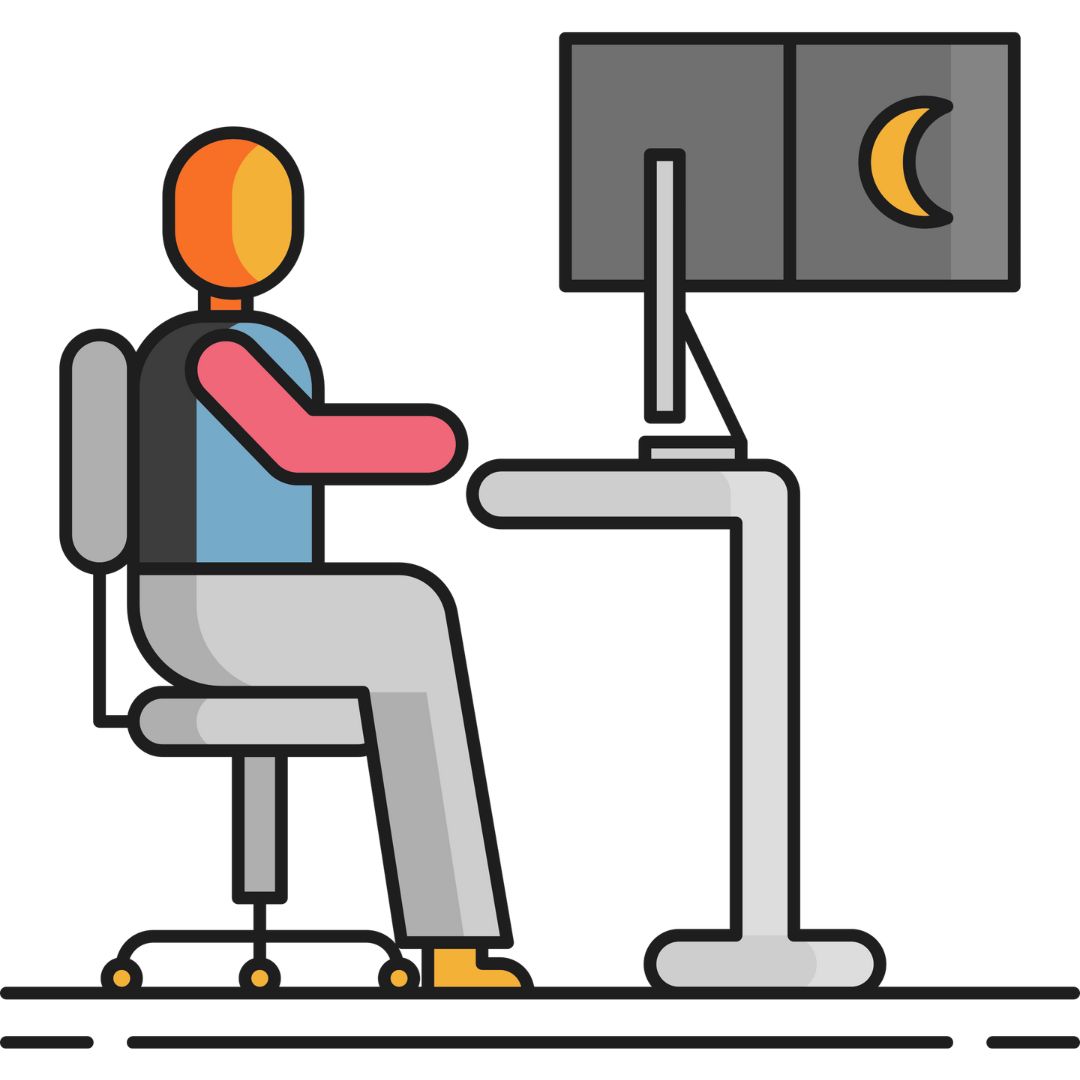
Irregular Lifestyle & Poor Sleep
Late nights, screen exposure, and the lack of true rest don’t just cloud your mind — they interrupt the brain’s natural repair rhythm. This disruption disturbs the balance of Vata dosha, often triggering signs like trembling, nervous agitation, or deep mental fatigue.
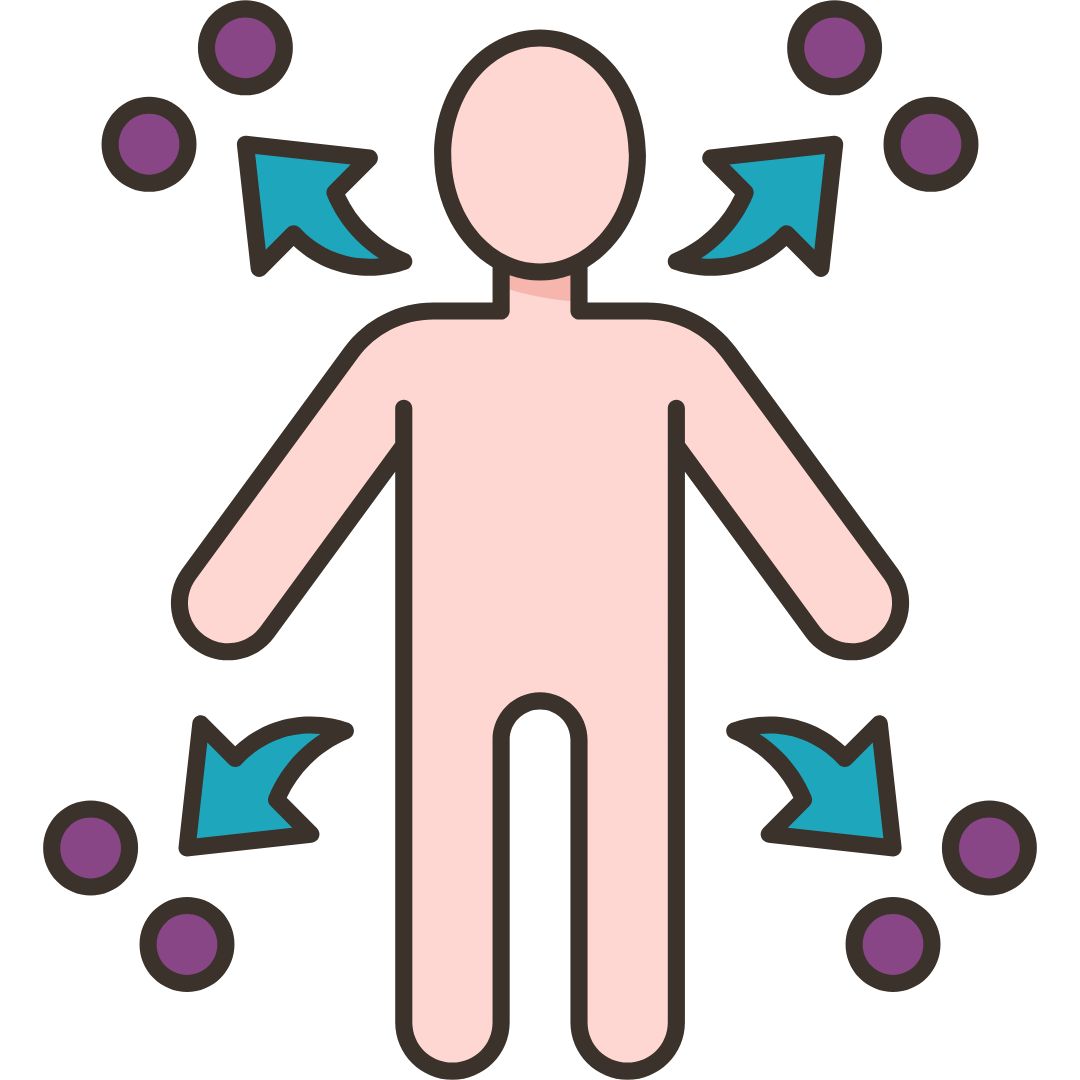
Toxin Build-Up (Ama)
Ama, or undigested waste, doesn’t just impact digestion. It can travel to the brain tissues, clogging communication pathways and dulling neurological function. This is often seen in memory loss, foggy thinking, and sluggish reflexes.
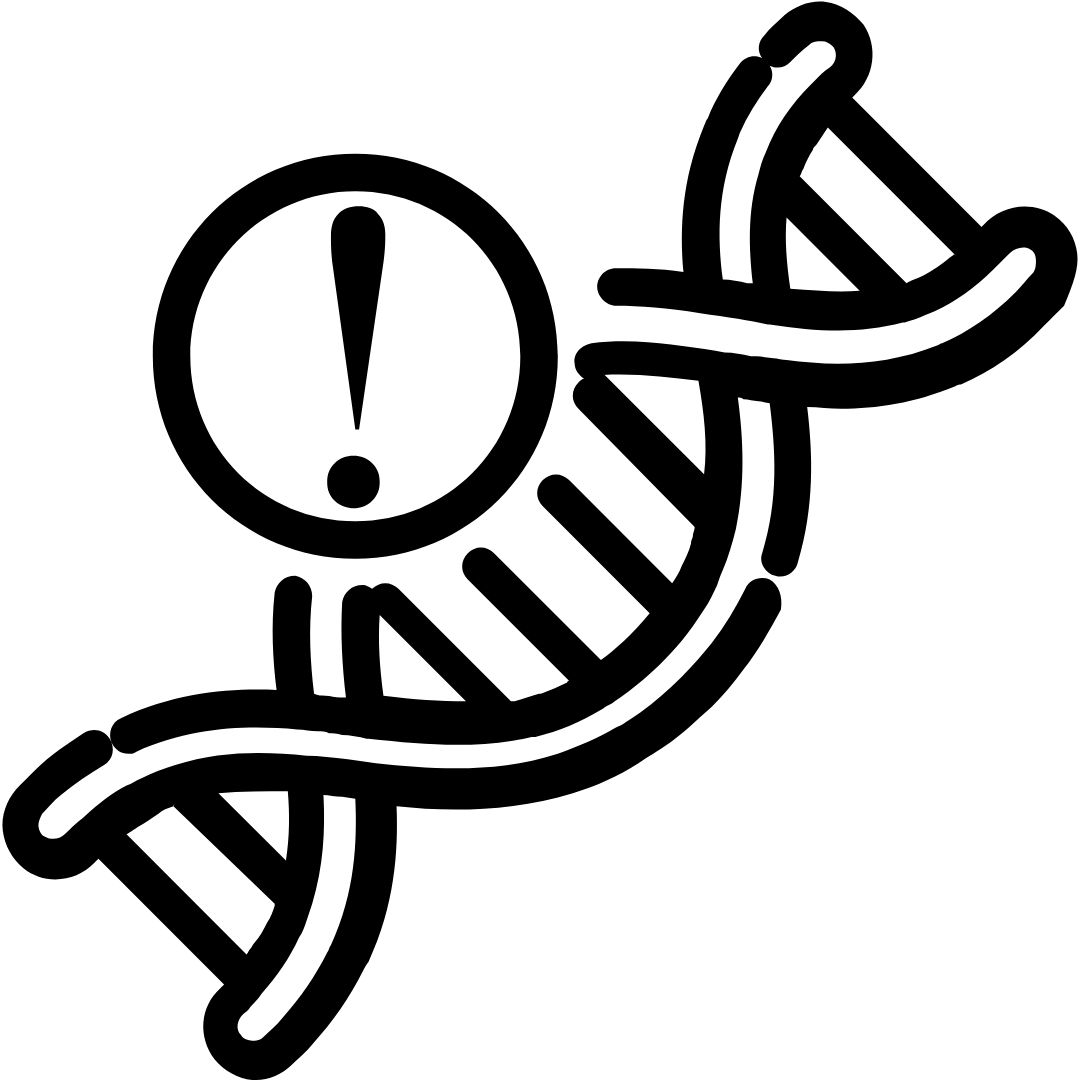
Genetic & Prenatal Factors
Many childhood neurological disorders can start as early as the prenatal stage — even before birth. Ayurveda addresses this by strengthening maternal health and using Garbha Sanskar practices that nurture fetal brain development.
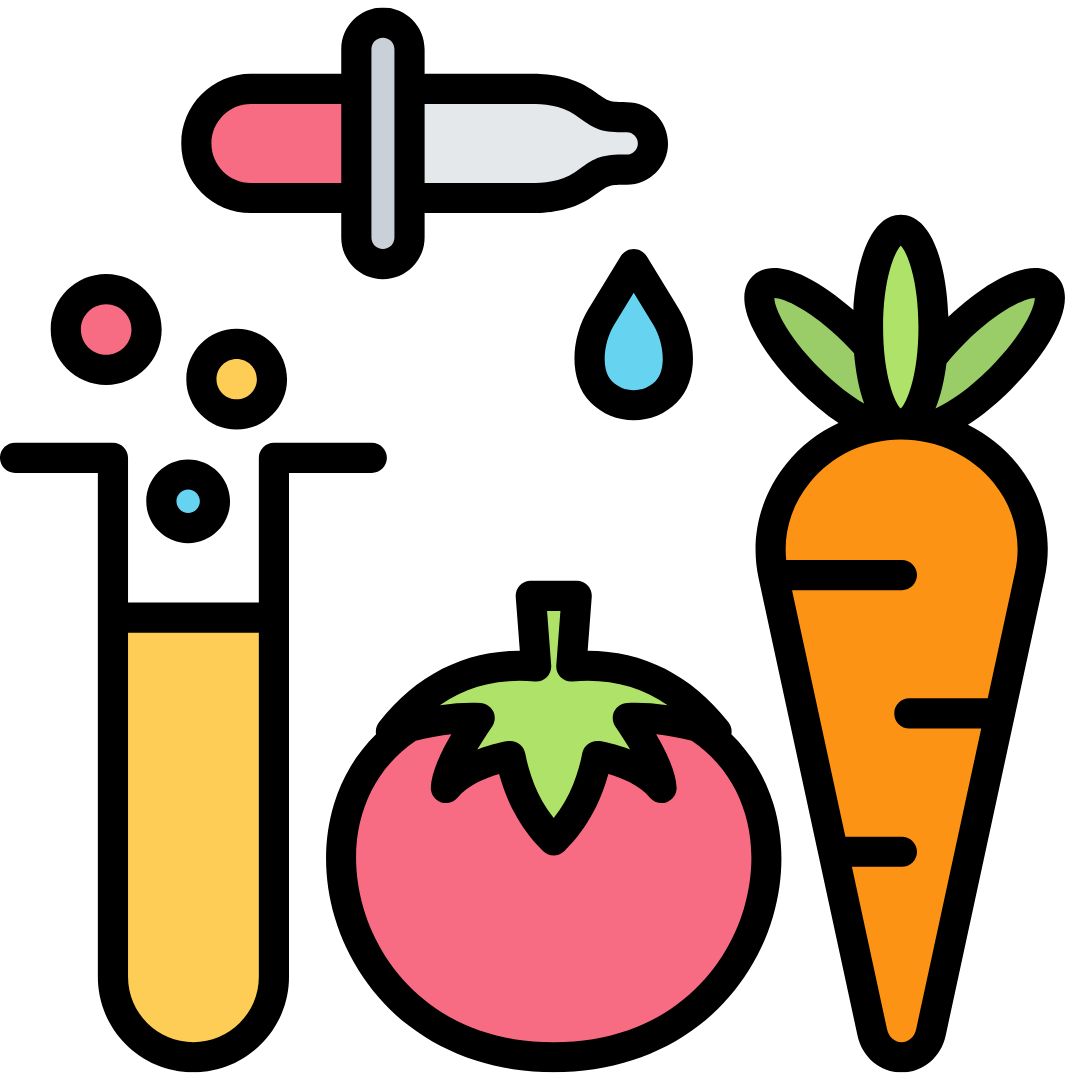
Nutritional Gaps & Weak Ojas
Ojas, seen as the body’s inner strength in Ayurveda, supports mental stability and helps the nervous system stay resilient against daily stress. Diets low in nourishing foods or high in artificial additives erode Ojas, making the brain more vulnerable to dysfunction and degeneration.
Ayurvedic Insight into Childhood Neurological Disorders & Illnesses That Affect the Nervous System
When a child shows signs like delayed milestones, hyperactivity, or sudden mood shifts, it’s natural for parents to worry. Many begin looking for a pediatric neurologist in Delhi or even the best neurologist in Delhi to get answers. While modern neurology focuses on structural issues, Ayurveda looks deeper—at digestion, sleep, emotional health, and nervous system balance. These early symptoms of neurological disorders are seen as signs of internal imbalance. At DNAveda, we blend Ayurvedic wisdom with modern insight to offer gentle, personalized care for childhood neurological disorders and other illnesses that affect the nervous system—without suppressing symptoms or causing side effects.
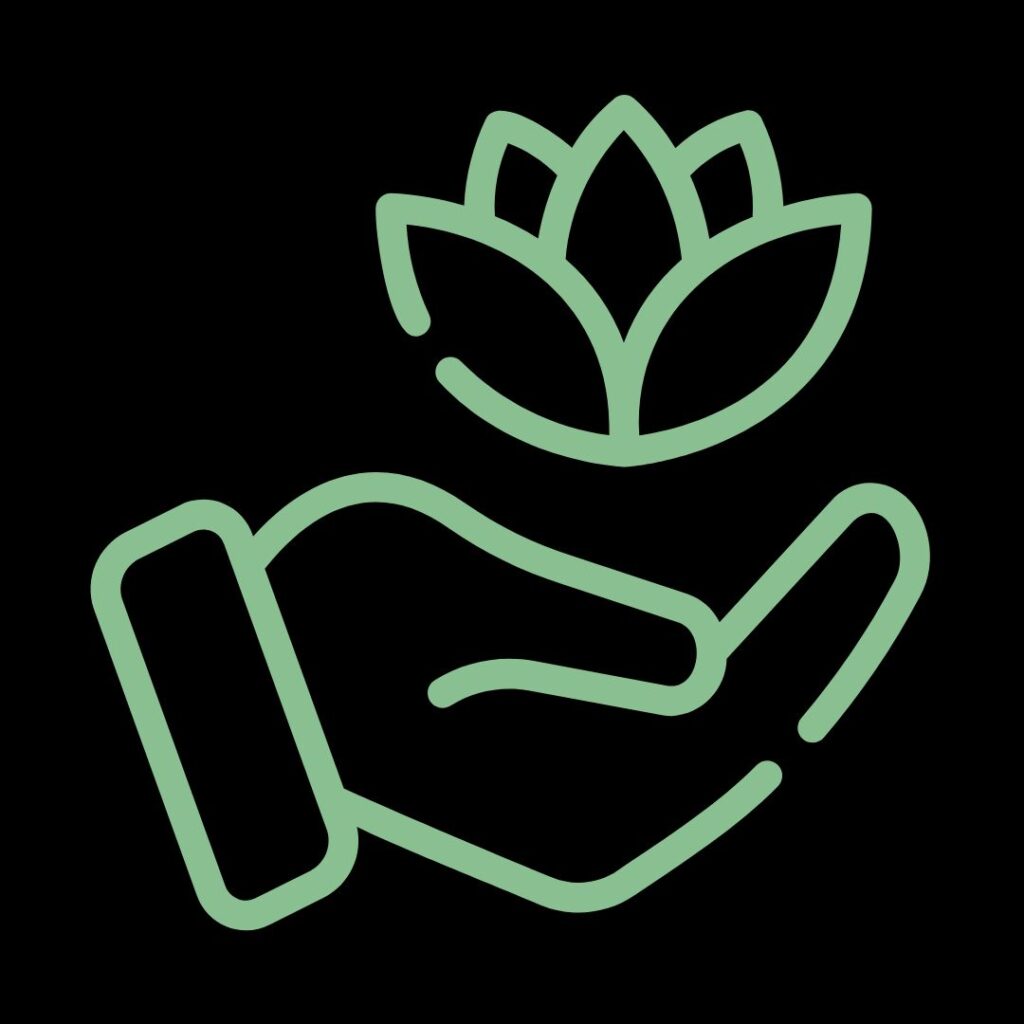
Vata Shamana — Calming Nervous Energy
Gentle therapies and herbal protocols stabilize excess Vata that contributes to tremors, anxiety, and developmental delays.
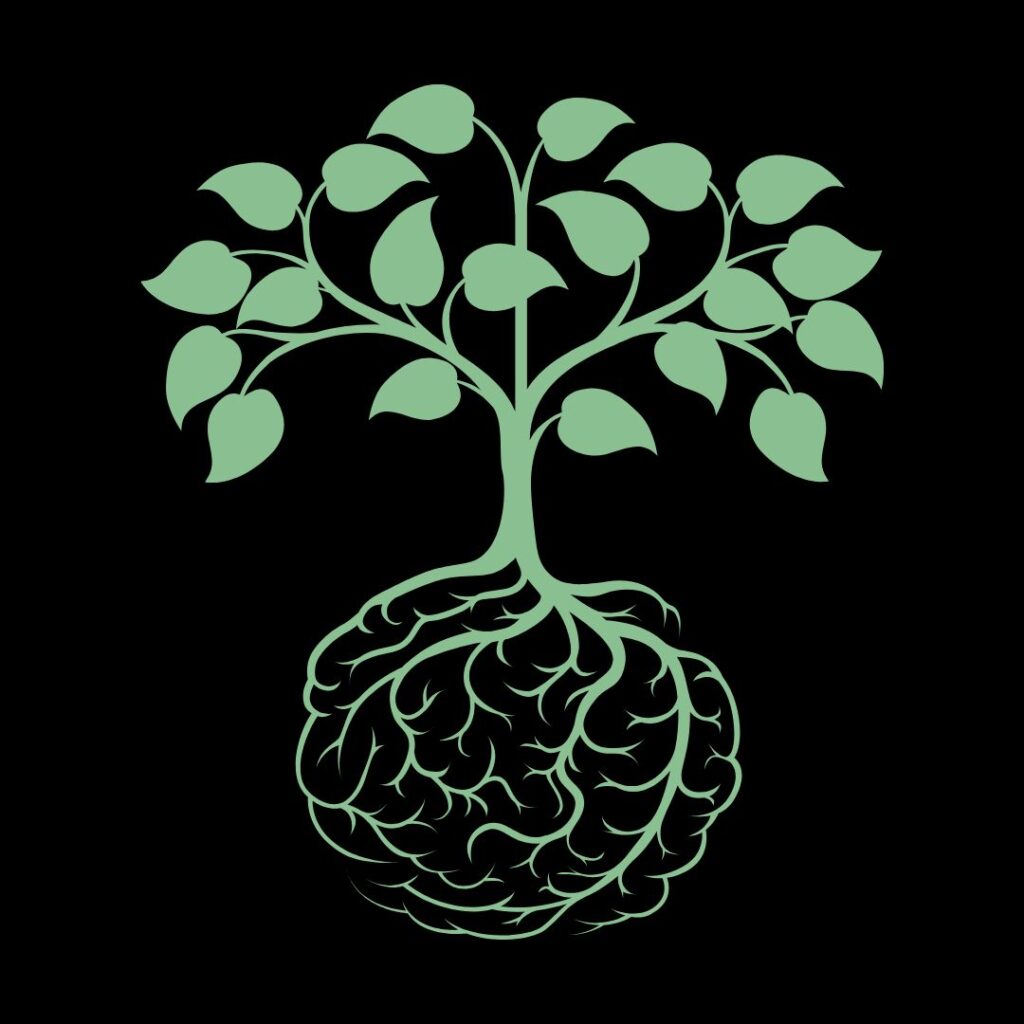
Majja Dhatu Poshan — Nourishing Nerve Tissues
Tonic herbs like Ashwagandha and Brahmi rebuild and support the brain and spinal tissues, improving resilience and cognition.

Ojas Raksha — Protecting Vitality
Rejuvenative practices strengthen Ojas, the essence that guards mental clarity, emotional balance, and immunity.
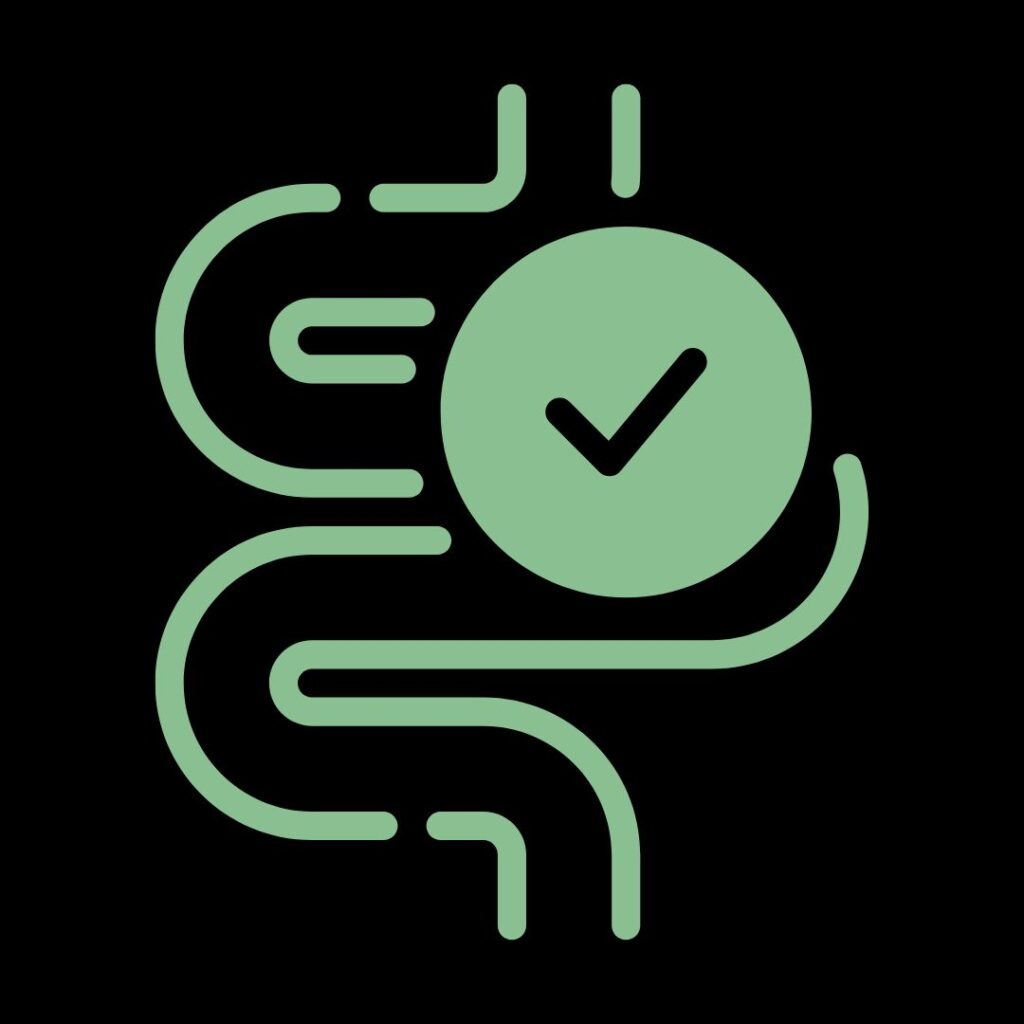
Basti Chikitsa — Colon-Nerve Axis Detox
Oil-based enemas and gut therapies help detox the lower Vata zone, which Ayurveda links directly to nervous system balance.
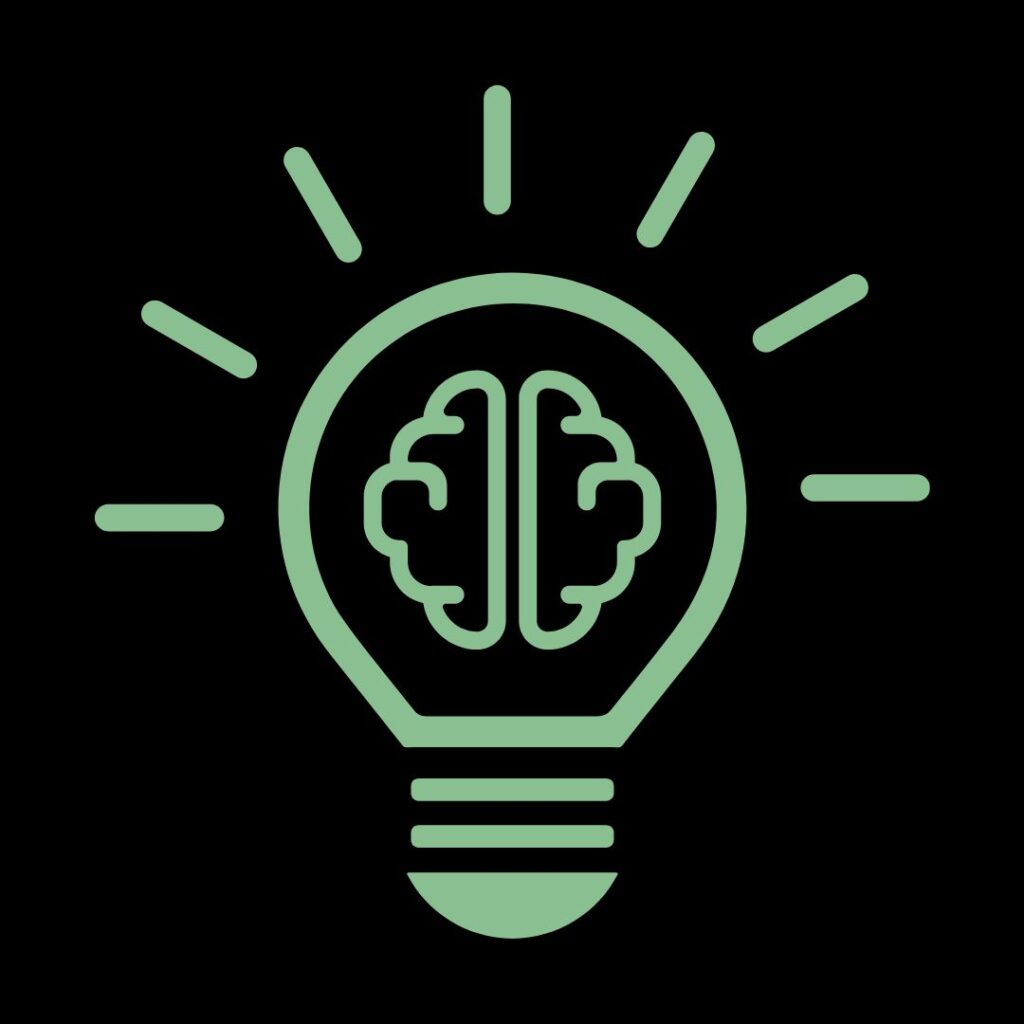
Medhya Rasayana — Enhancing Cognitive Function
These nootropic herbs support memory, speech, attention span, and learning capacity in both children and adults.
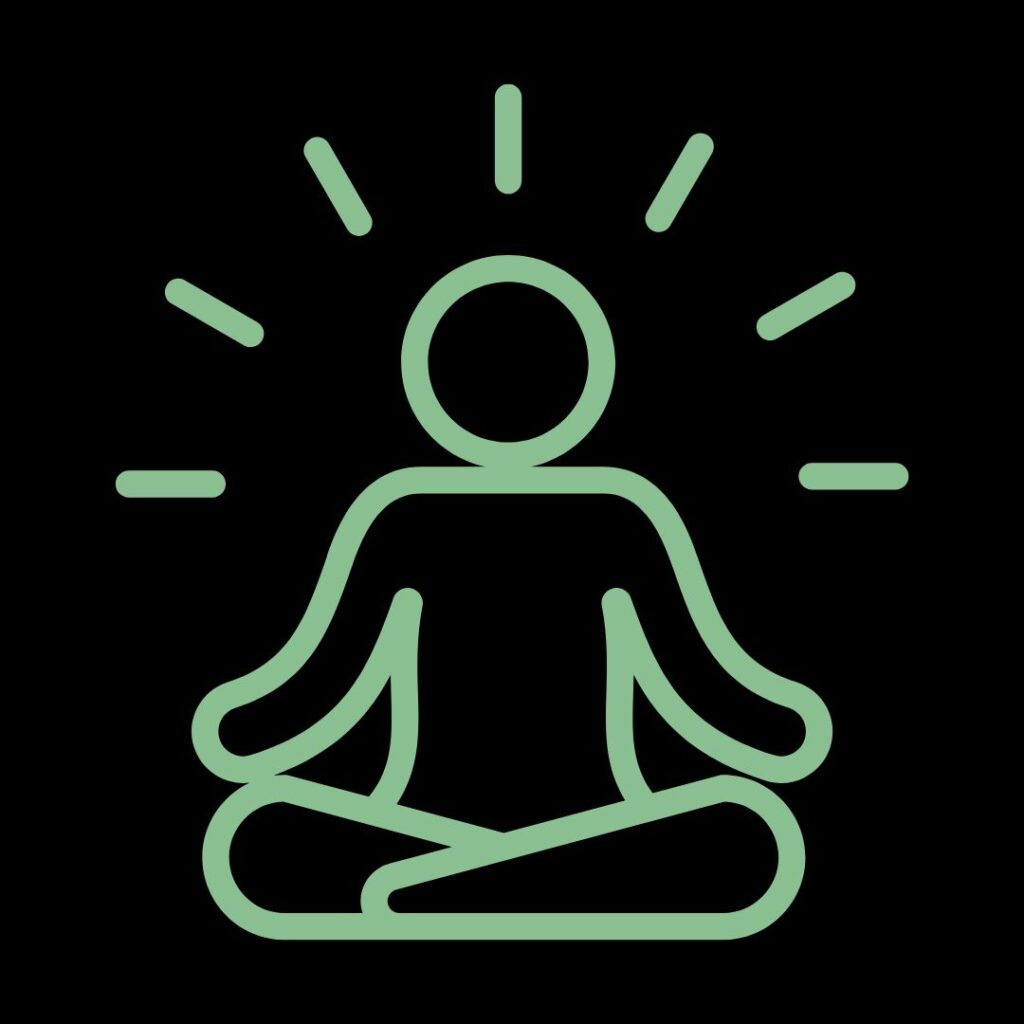
Satva-Avachaya — Emotional Balance & Mental Ease
Through yoga, breathing, and Marma therapy, Ayurveda settles the mind and stabilizes emotional fluctuations.
When to See a Pediatric Neurologist in Delhi & How Ayurveda Helps
Worried about your child’s development — or struggling with unexplained neurological symptoms yourself? You might be thinking of visiting a pediatric neurologist in Delhi or searching for the best neurologist in Delhi to get answers. But alongside that, Ayurveda offers something uniquely supportive — a natural, time-tested way to care for the nervous system.
Modern neurology often focuses on structural or electrical causes. Ayurveda, on the other hand, looks at the functional imbalances — like disturbed Vata, accumulated toxins (Ama), or weak tissue regeneration (Majja Dhatu). It helps calm, nourish, and reset the nervous system gently.
At DNAveda, we’ve seen how powerful this can be — especially when started early. Our Ayurvedic therapies and herbal support are safe for children, non-invasive, and designed to bring the body back into balance without harsh interventions.
If your child shows signs like delayed speech, poor eye contact, frequent tantrums, difficulty walking or crawling, hyperactivity, or even unexplained regressions — it’s worth paying attention. These may be early signs of a nervous system issue.
Ayurveda gives you tools to support the body from the inside out — offering strength, calm, and clarity, whether you’re managing a condition or simply want to intervene early.
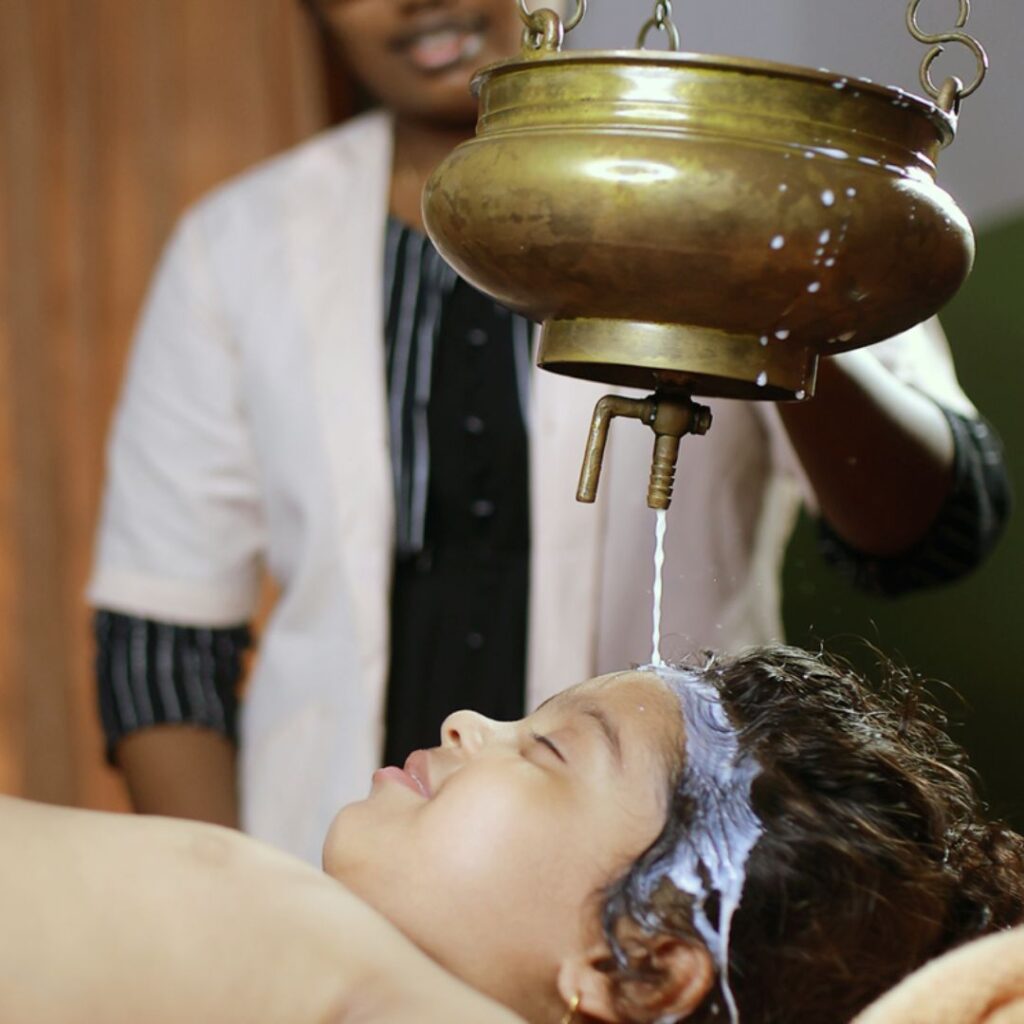
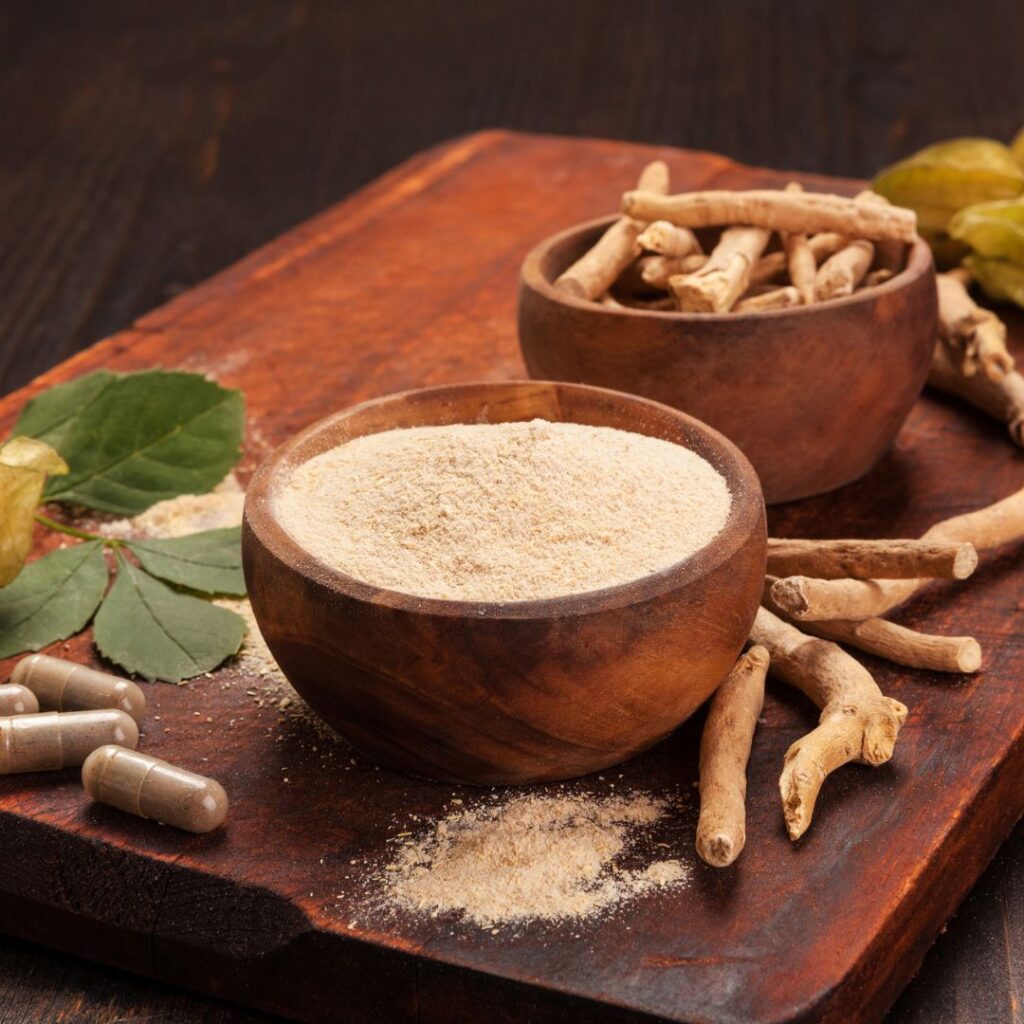
Why Choose DNAveda: Guided by the Best Neurologist in Delhi for Ayurvedic Care
We’re not just another clinic. We’re a place of long-term healing, where your neurological concerns are seen, heard, and addressed — from the inside out. Whether you’re navigating childhood neurological disorders or seeking a second opinion from the best neurologist in Delhi, we provide a deeper, safer, and more sustainable option.
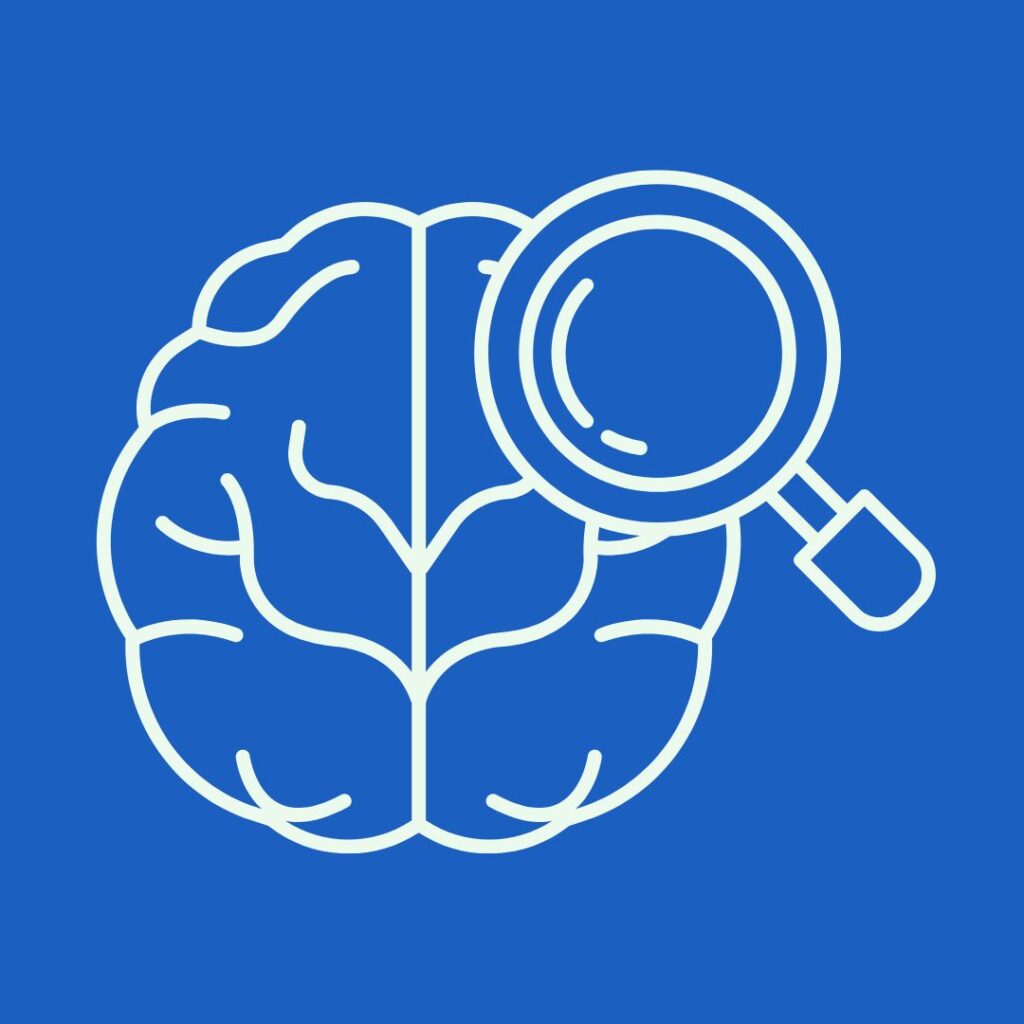
Root-Cause Ayurvedic + Modern Diagnosis
We combine Prakriti analysis with modern neurology insights to decode the complete picture behind symptoms and behavior.
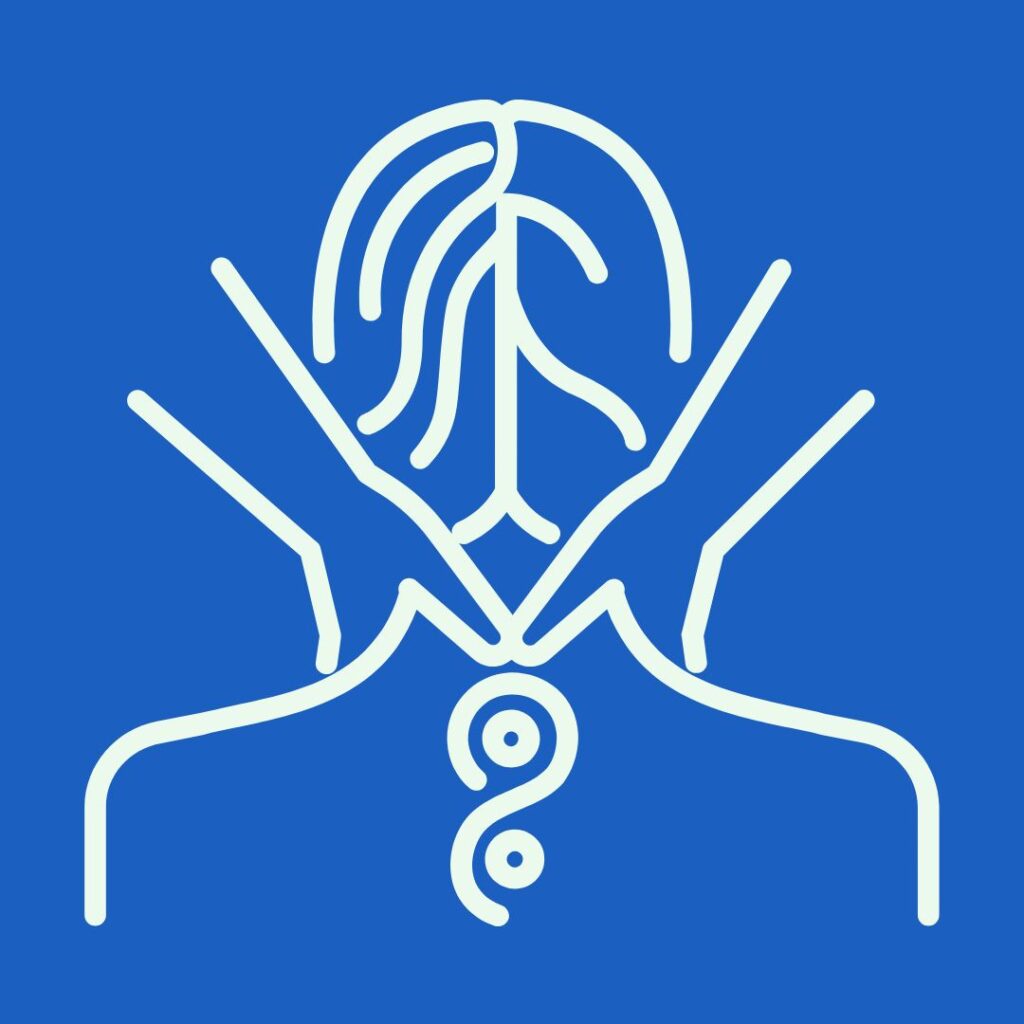
Personalized Panchakarma for Nerve Healing
Each Panchakarma plan targets deep Vata imbalances, vital in managing neuro- developmental and degenerative conditions.
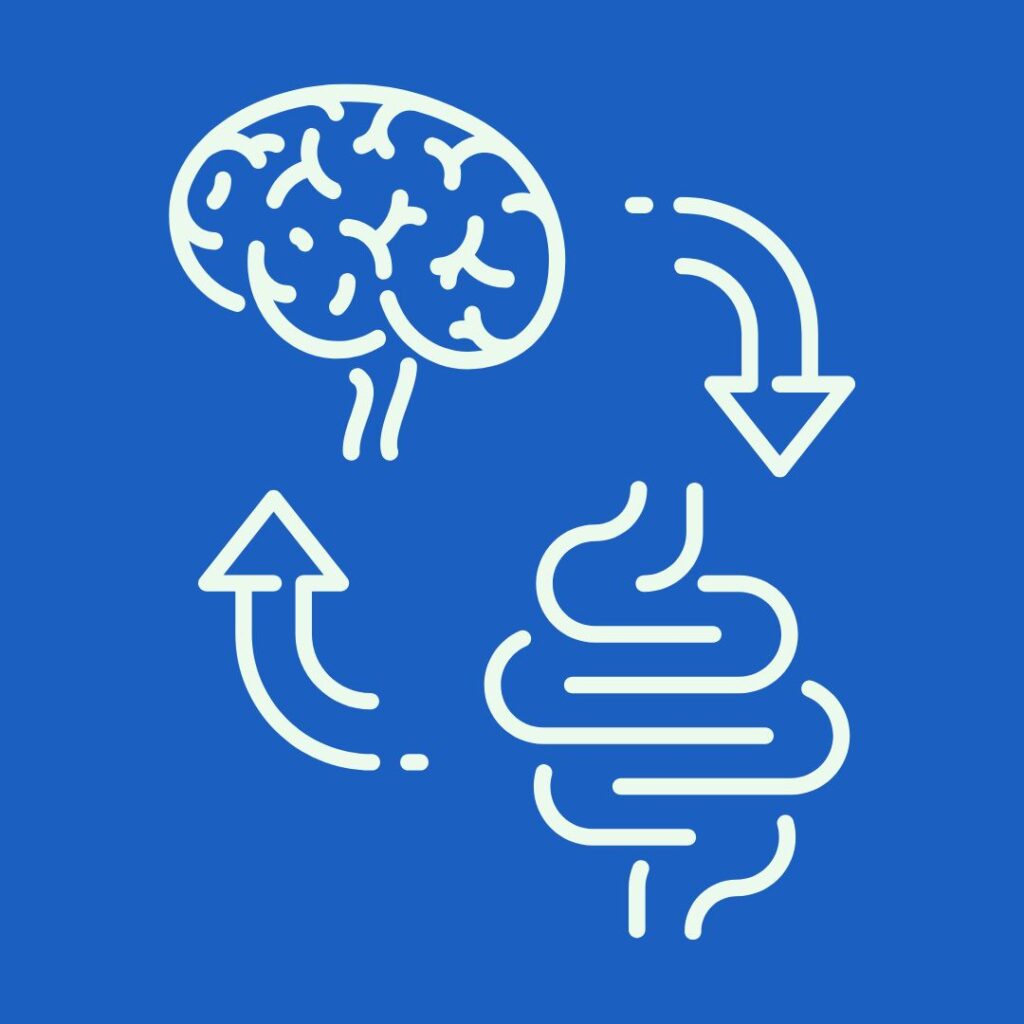
Gut-Brain Detox for Neurological Clarity
We use herbs like Haritaki and therapies like Matra Basti to clear gut-brain axis blocks affecting focus, sleep, and energy.
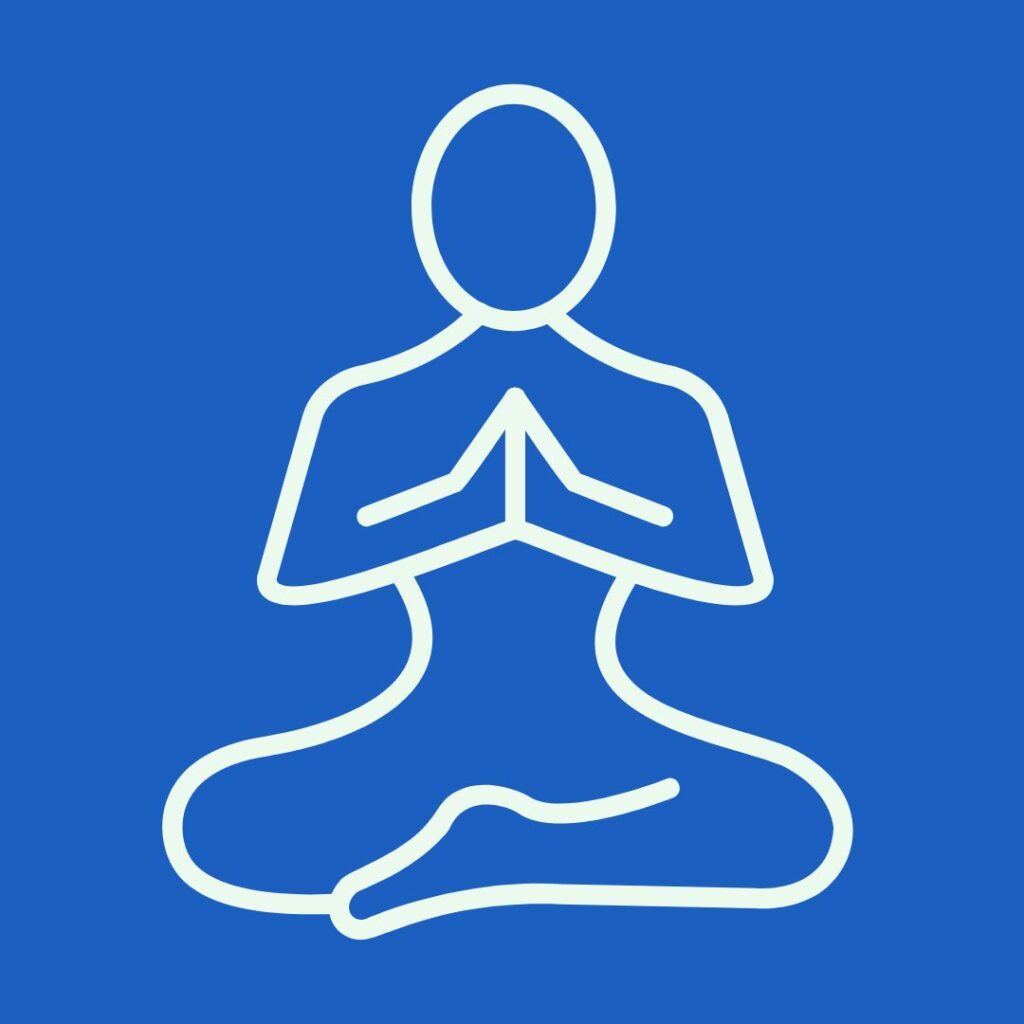
Mind-Body Reset with Marma & Yoga
Shirodhara, guided yoga, and Marma therapy calm the nervous system and support neuro-muscular coordination.
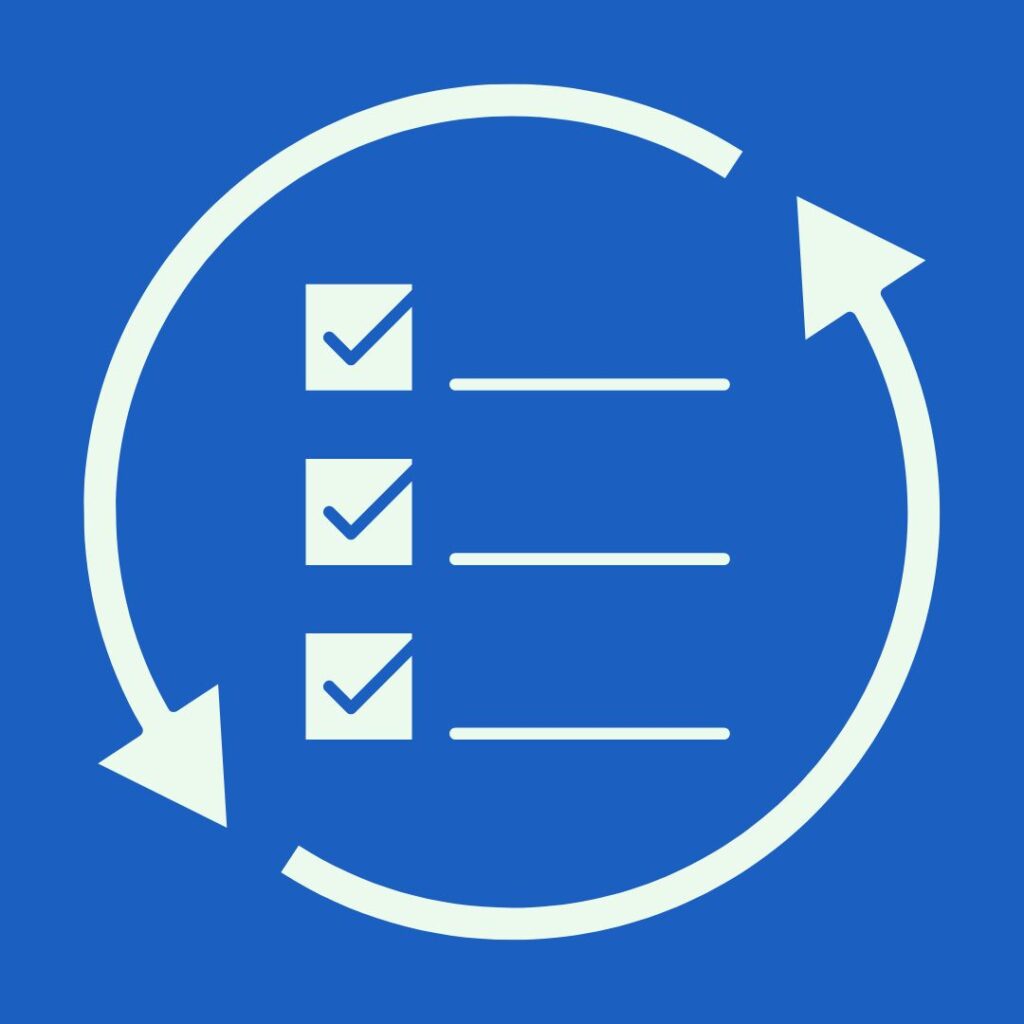
Daily Routines for Nervous System Health
We design simple Dinacharya and Ritucharya practices that strengthen neuroplasticity and emotional stability.
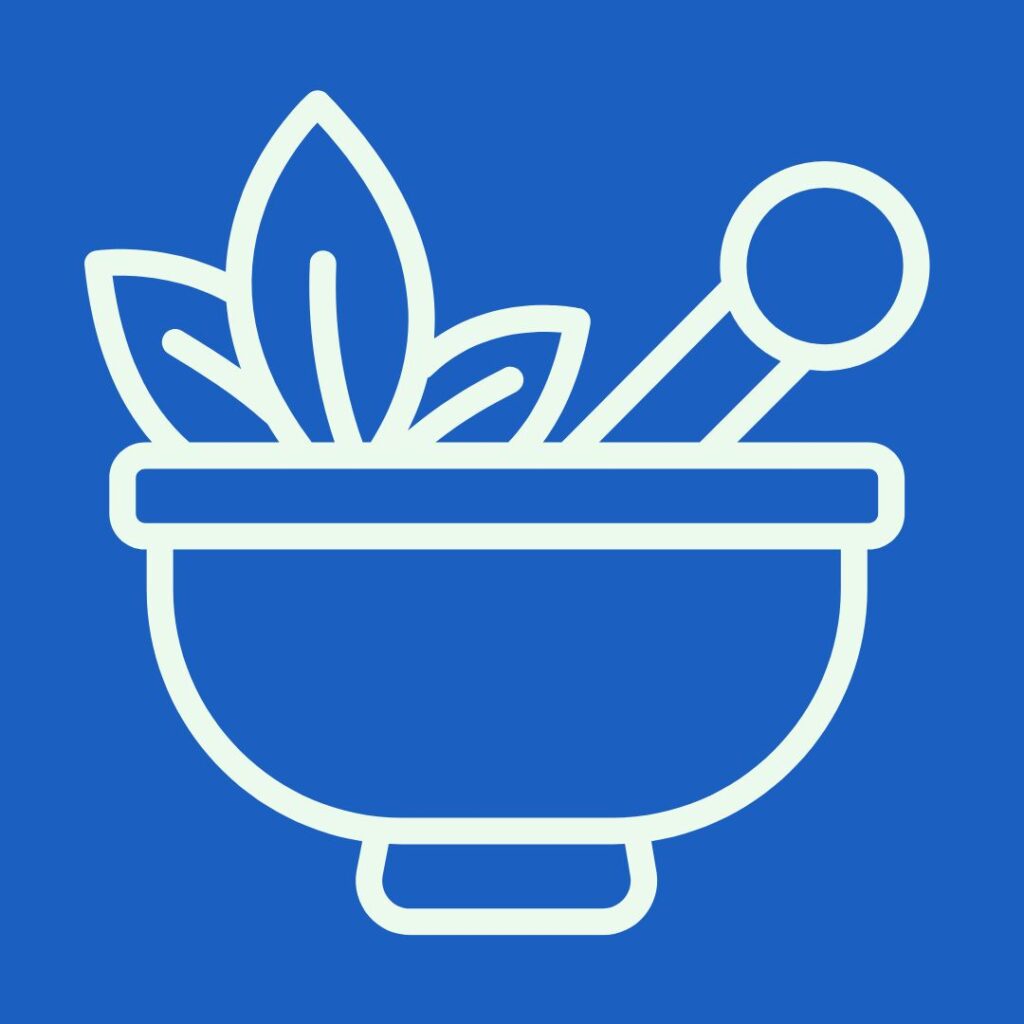
Pure Herbal Medicines—No Steroids Ever
Our formulations are safe, natural, and selected specifically for your nervous system’s healing needs.
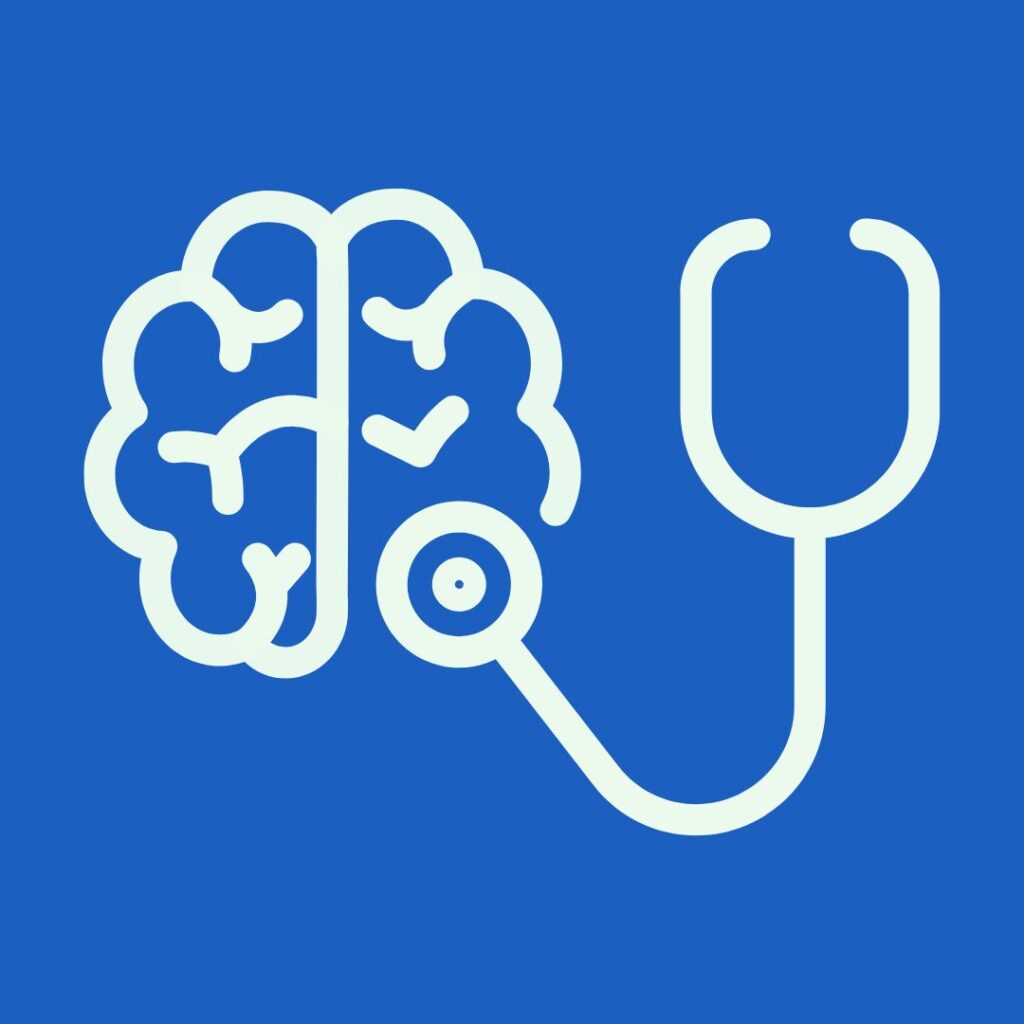
Expert Neurologist Access
When needed, we integrate Ayurvedic care with top neurologist consultations for better diagnosis and safety.
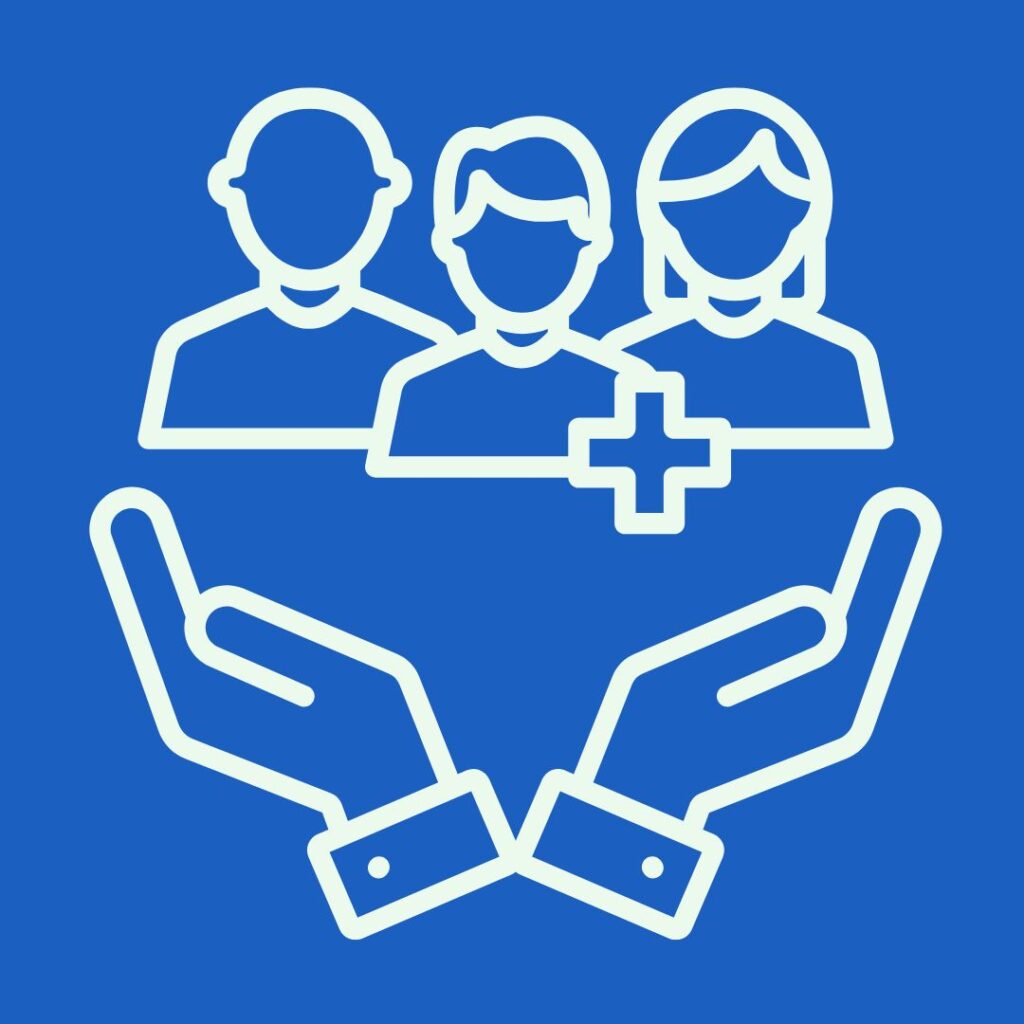
Gentle Ayurvedic Care for All Ages
From child-friendly Bala Taila Abhyanga to adult-specific Rasayana therapies, we tailor interventions across life stages.
Complete Wellness Tracking
We monitor shifts in cognition, sleep, digestion, motor skills, and behavior—measuring outcomes you can feel.
Ready to Heal Your Brain & Nervous System — Naturally?
If your child is showing unusual behavior or you’ve been struggling with persistent brain fog, anxiety, or other early symptoms of neurological disorders — it’s time to act before things escalate.
- Understand the Ayurvedic causes behind what you’re feeling.
- Explore natural solutions for childhood neurological disorders and adult brain issues.
- Find Ayurveda-rooted, individualized treatment — whether you need a pediatric neurologist in Delhi or neuro support as an adult.
- Trust an Ayurvedic clinic backed by decades of real healing experience
Book your consultation with DNAveda today.
Allow Ayurveda to restore your nervous system—calmly, naturally, and deeply.
Frequently Asked Questions (FAQs)
What is the most common neurological disorder in children?
Among pediatric neurological conditions, epilepsy is most widespread, presenting as repeated seizures from disrupted electrical activity in the brain. Other common concerns are cerebral palsy, autism spectrum conditions, and delays in normal growth and development. Ayurveda explains such conditions as primarily Vata-dominant imbalances, since Vata governs the brain and nervous system. Timely care with Ahara (nutritious meals), Vihara (disciplined routine), and herbs such as Brahmi and Shankhpushpi helps steady the mind and prevent relapse.
What are the causes of neurological disorders?
Neurological disorders have many root causes — genetic defects, birth complications, infections, head trauma, poor nutrition, and long-term stress. In Ayurveda, the prime cause is considered Vata vitiation, as excessive movement and instability in Vata disrupt the normal functioning of Majja Dhatu (nervous tissue). Another key factor is the buildup of ama (toxins), which blocks channels (srotas) and weakens nerve conductivity. Hence, correcting digestion, lifestyle, and dosha balance is essential for long-term recovery.
What are the classification of neurological disorders?
Modern science classifies neurological disorders into categories such as epileptic, developmental, degenerative, cerebrovascular, infectious, and functional conditions. Ayurveda classifies them differently, under Vata-related disorders (Vatavyadhi) affecting Majja Dhatu, including diseases like Pakshaghata (paralysis), Apasmara (epilepsy), and Unmada (psychiatric disorders). Recognizing these groups helps in identifying early symptoms of neurological disorders and planning therapies such as Panchakarma cleansing, Rasayana herbs, and dietary guidance.
Is ADHD a neurological disorder?
Yes, ADHD falls under neurodevelopmental disorders, influencing a child’s attention span, self-control, and day-to-day behavior patterns. From an Ayurvedic view, ADHD arises from Vata-Pitta imbalance — where excess Vata causes hyperactivity and restlessness, while aggravated Pitta creates irritability. Gentle therapies like Shiro Abhyanga (head massage), use of herbs such as Brahmi and Jatamansi, along with structured sleep and diet, can help calm the mind and improve focus.
How to heal the nervous system?
Healing the nervous system requires nourishment at both physical and mental levels. Ayurveda emphasizes Snehana (oil therapies), particularly Abhyanga and Shirodhara, using medicated oils like Ksheerabala Taila or Brahmi Taila for nerve rejuvenation. Rejuvenating Rasayana herbs like Ashwagandha, Jatamansi, and Guduchi nourish Majja Dhatu and enhance nerve strength. Equally important are daily practices like yoga, pranayama, meditation, and timely sleep, which pacify Vata and restore neural balance naturally.
What causes nerve damage?
Nerve damage can arise from diabetes, vitamin deficiencies, infections, trauma, or excessive use of alcohol and medicines. Ayurveda explains it as obstruction of Vata in the nerve channels (nadi srotas) due to ama (toxins), or depletion of Majja Dhatu. Both may cause numbness, discomfort, reduced strength, or altered sensations. Restoring digestion (Agni), using Rasayana herbs like Guduchi and Ashwagandha, and external oil applications with Nirgundi or Punarnava help restore nerve function naturally.
How do I clean my nervous system?
In Ayurveda, cleansing the nervous system means removing ama and balancing Vata. Panchakarma therapies like Basti (medicated enema) and Nasya (herbal oil drops in the nose) are particularly beneficial. Regular oil massage with sesame, controlled breathing, and meditation soothe restless nerves while enhancing focus and clarity. A diet rich in light, freshly cooked food and Rasayana herbs like Shankhpushpi further aids detoxification and nourishment.
Which vegetable is best for nerves?
Ayurveda suggests nourishing vegetables that balance Vata, support nerves, and aid digestion. Spinach, asparagus, bottle gourd, pumpkin, and sweet potatoes are particularly beneficial. Such vegetables provide essential minerals, build Ojas (life energy), and help pacify disturbed Vata in the system. Taken with ghee or sesame oil, they enhance nerve conductivity and resilience.
Which oil is good for nerve weakness?
For nerve weakness, Ayurveda recommends medicated oils such as Brahmi Taila, Mahanarayan Taila, or Ksheerabala Taila. These oils, when applied in Abhyanga or Shirodhara, nourish the nervous tissue, reduce tremors, and promote relaxation. Sesame oil infused with herbs like Daruharidra or Nirgundi is also effective for localized nerve pain. Regular oiling not only strengthens the nerves but also helps in calming the mind.
Is anxiety a neurological disorder?
In modern terms, anxiety is seen as a mental health condition rather than a direct neurological disorder, though it is closely linked with brain and nerve activity. Ayurveda describes anxiety as Chittodvega, mainly caused by Vata imbalance, often worsened by irregular sleep, overthinking, and poor digestion. Calming therapies such as Shirodhara, daily Abhyanga, and herbs like Jatamansi and Brahmi help reduce nervous agitation and restore balance naturally.
How to know if a child is abnormal?
In Ayurveda, the word abnormal is not used, but parents are guided to observe early signs of developmental delay or imbalance in Doshas. Difficulty in speech, poor coordination, lack of eye contact, delayed milestones, or unusual emotional responses may indicate a neurological or developmental concern. Ayurveda emphasizes Nadi Pariksha (pulse diagnosis) and behavioral observation to identify imbalances early so that corrective therapies, diet, and lifestyle measures can be started in time.
Is autism reversible?
Autism is a complex neurodevelopmental condition. Modern science does not claim it as reversible, and Ayurveda also does not promise complete reversal. However, Ayurveda focuses on improving quality of life, speech, concentration, and social interaction through therapies like Nasya, Abhyanga, and calming herbs such as Brahmi and Shankhpushpi. With early intervention, supportive care, and nurturing routines, many children show significant improvements in behavior and daily functioning.
Can autistic kids grow up to be normal?
Children with autism can grow into independent and fulfilling adults with timely interventions. Ayurveda does not label them as “abnormal” but sees autism as a Vata-Pitta imbalance that can be managed with therapies, structured routines, and supportive herbs. While some traits may remain, many children improve their communication, learning, and adaptability, allowing them to lead balanced and meaningful lives.
Which ayurvedic medicine is best for neurological problems?
Ayurveda uses Rasayana-based medicines made from herbs like Ashwagandha, Brahmi, Shankhpushpi, Punarnava, and Daruharidra. These are available in various forms — churnas (powders), tailas (medicated oils), and tablets. Such formulations strengthen Majja Dhatu (nervous tissue), calm Vata imbalance, and promote mental clarity. The choice of medicine always depends on the person’s constitution (Prakriti) and exact condition, hence a physician’s consultation is essential before deciding.
Can Ayurveda repair nerve damage?
Yes, Ayurveda focuses on rejuvenating and strengthening damaged nerves through Rasayana therapy, Panchakarma, and nerve-nourishing herbs. While complete repair depends on the extent of damage, herbs like Ashwagandha, Guduchi, and Amaltas improve regeneration and restore functionality. Medicated oils such as Ksheerabala Taila used in Abhyanga or Basti therapy help calm Vata and support nerve healing. Regular treatment, diet correction, and lifestyle discipline are key to long-term results.
What is the best treatment for neurological disorders?
The best treatment in Ayurveda is always holistic — combining Panchakarma detox, Rasayana herbs, diet, yoga, meditation, and nerve-calming therapies like Shirodhara or Nasya. For children, therapies are milder and focused on nourishment, while for adults, deeper detox and Rasayana rejuvenation are preferred. Treatment varies depending on whether the disorder is Vata-dominant (like tremors), Pitta-dominant (like inflammation), or Kapha-dominant (like heaviness, drowsiness). The goal is not just symptom relief but long-term stability and improved brain function.
Address
D58, near Kaushambi Metro Station, Anand Vihar, Kaushambi, Ghaziabad, Uttar Pradesh 201010
Call Us
+91 9625554890
Email Us
ayurvedadna@gmail.com
